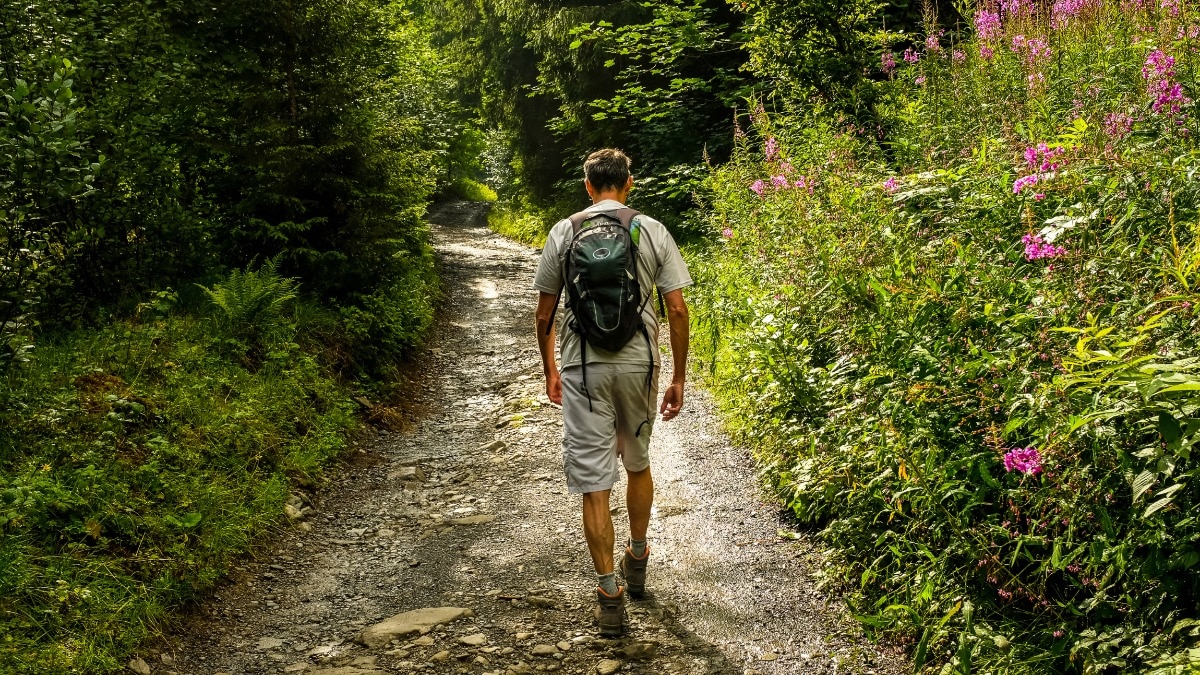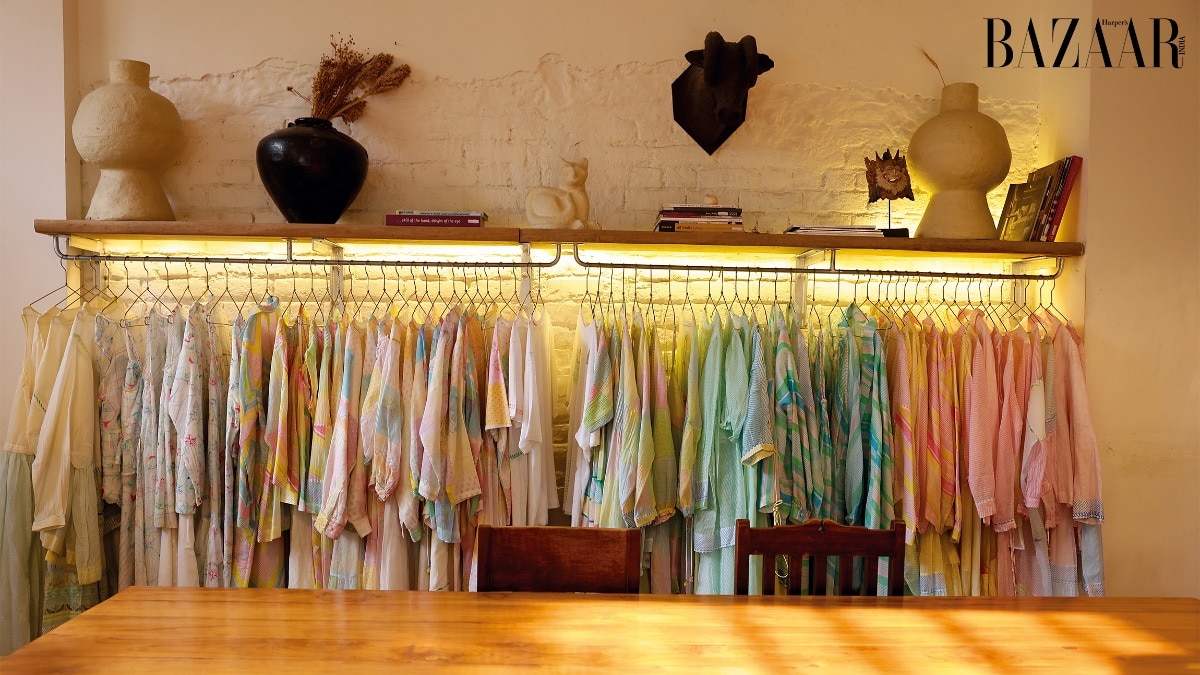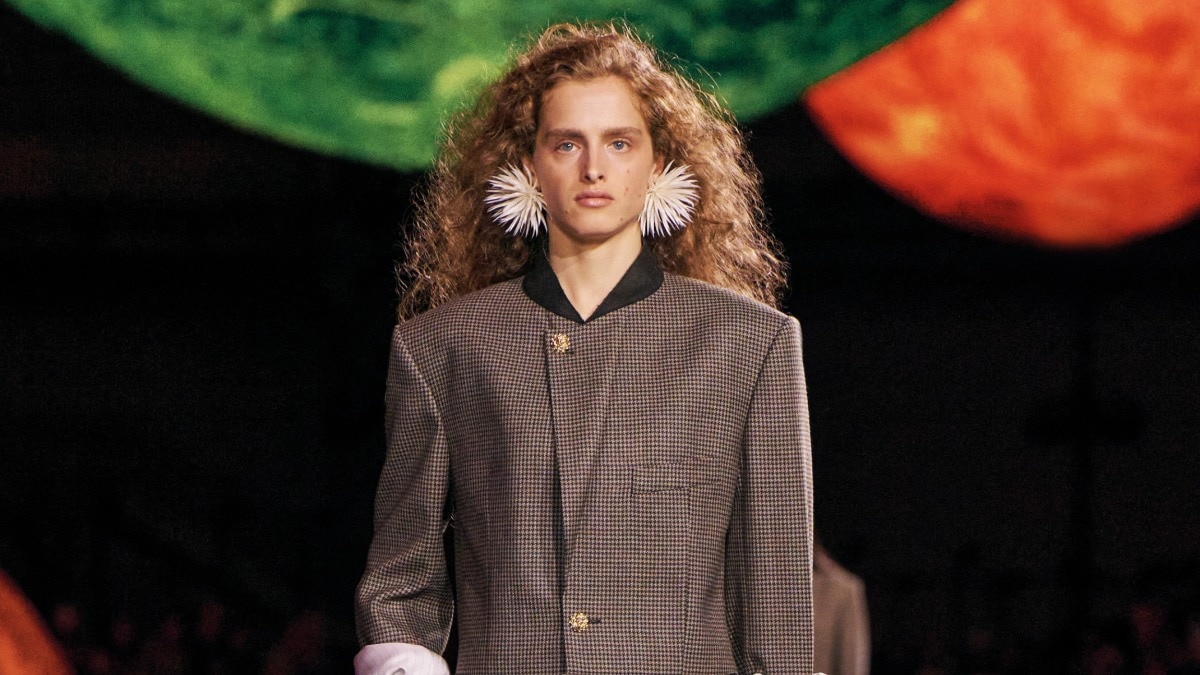One of Copenhagen’s top chefs trails through forests of Andhra Pradesh in search of responsible food solutions
Chef Matthew Orlando of Amass (and formerly Noma) spills the beans on his recent trip to Araku Valley.


This is my third time travelling through the Indian subcontinent and one cannot deny the fact that this cuisine has an intriguing and almost appetising way to make vegetables taste so complex and delicious! When you visit villages and farms, you quickly become aware of the fact that over consumption doesn’t exist here–the farmers know the value of food and its importance to nourish and bring people together. One can’t deny that India has strong culinary traditions and its rich food philosophies have always fascinated me.

My experience at Araku was similar–it left me confused and frustrated, but in a good way. So many of the practices in the valley should be part of the existing food system because there’s always room for improvement. The possibilities at the valley are endless–and open up a new way of existing as a human being. This is why I love ARAKU Coffee’s commitment to profit to farmers, quality coffee and combining organic practices for regenerative agriculture. And that's one of the reasons I teamed up with chef Rahul Sharma and chief advisor of ARAKU, Aditi Dugar for this, and for hosting an unconventionally-plated dinner at their café in Bangalore that's happpening tonight.Creating a culture around this train of thought is the perfect way to positively affect the environment as well as explore the potential of single-ingredient deliciousness.

It’s the same thought process I follow at Amass–we pay the highest respect to the ingredient. The food at the restaurant is created in the moment and is ever-changing. The quest is never for that perfectly shaped vegetable, it’s always what we can do with stems of kale or the miso we can make from leftover lemon skins. There is no such thing as a byproduct when cooking–there are only more products to create with. To me real value is measured by the potential for deliciousness, to show people how everyday things that they view as having little or no value can be so much more.
At Amass, we strive for zero food waste, composting, recycling, reducing single-use plastics, tracking our greenhouse gas emissions, and donating 1% of the menu price to regenerative agriculture. The on-site garden at Amass is the soul of the restaurant–it houses more than 80 different varieties of plants, including leafy vegetables, berries, herbs, and flowers, which appear on our menu daily. It’s a constant inspiration for dishes and beverages to come.

But to me, sustainability also goes beyond the walls of my restaurant. We have a research space called Planter Box that engages with large-scale food production, identifies their by-products, and puts them through processes so they can be integrated back into production. Being a part of the board for a regenerative agriculture program called Nordic Foodprint as well as being on the advisory board for Food Shift 2030–a European initiative, whose aim is to fix the food system, also bring me closer to my vision.

Chef Matthew Orlando has worked at renowned restaurants like Le Bernadin, Per Se, and Noma before he opened Amass in Copenhagen.
All images: ARAKU Café










